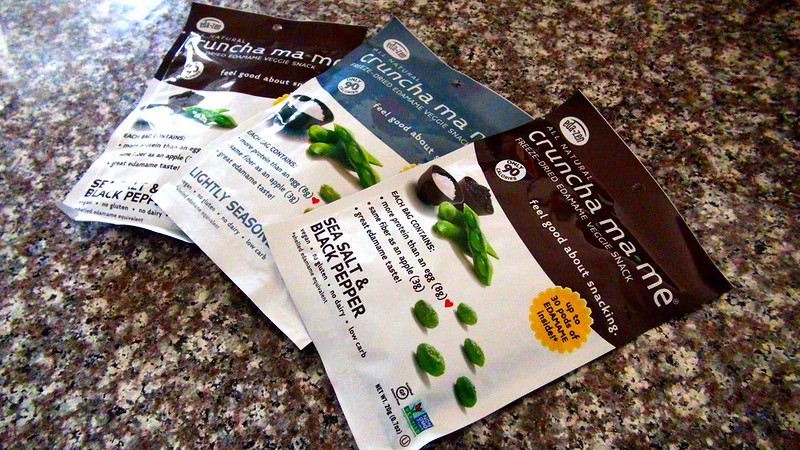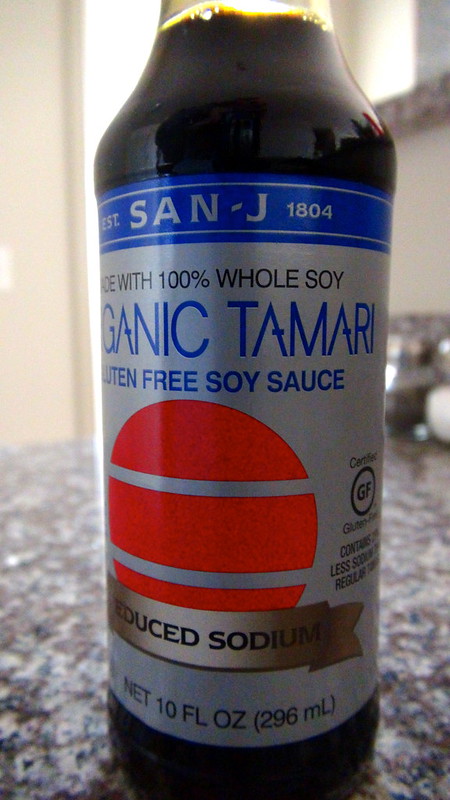ATTENTION ALL YOU MEAT EATERS: hang on for a hot sec and hear me out. I know soy may sound pretty irrelevant to your life, but I promise you are already eating it whether you know it or not. Here is the crash course on all things soy to convince you its not just for vegans and hippies.
First and foremost, wtf is soy? All soy products are made from soybeans, which are — in their whole natural form — those green beans in pea pods you get at Japanese restaurants called edamame. Soybeans are a member of the legume family along with other beans, lentils, peanuts and more. But how do those little green guys transform themselves into milk, tofu, protein powder, meat alternatives and SO many other foods? Magic. The answer is magic.
To make soy milk and soy yogurt, the soybeans are soaked in water for hours, then cooked and filtered for the remaining liquid. Then, you can add a coagulant to solidify that milk and poof! You’ve got yourself a beautiful block of tofu. Or, you can even ferment soybeans into a paste called miso (yup, the stuff in miso soup) or into a patty called tempeh, which is a common meat alternative known and loved by vegetarians.
The way soy turns up in the average carnivore’s diet is through a process that extracts the oil from the bean. This oil is often used for cooking or is added to many processed foods like salad dressing and mayonnaise. But wait, there’s more! After this extraction, the soy flour that is left is processed even further into two new forms: textured soy protein and soy protein isolate. This stuff is mainly the protein from soybeans and is used in many cereals, protein bars, breads, sauces, fruit drinks and so much more. Surprise surprise, consuming processed soy is less nutritious than eating the whole soybean.
Why you should love soy:
-
A serving of soybeans packs in as much protein as eggs or cow’s milk. Plus, they are one of the only plants that are a complete protein, meaning they contain all nine amino acids our bodies need from our diet to function properly.
-
Soybeans are an impressive antioxidant, which help keep many of the harmful free radical molecules inside you from wreaking havoc on your body.
-
Recent research analysis has shown that if U.S. adults replaced the meat and dairy in their diet with soy, they would significantly increase their intake of folate, vitamin K, calcium, magnesium, iron and fiber, while decreasing their cholesterol.
I understand soy may not sound as controversial a topic as abortion or health care, but in the health world it’s a pretty big deal. I won’t bore you all with the details, mainly because there is very little conclusive data to offer. The main reason soy can get people worked up is that it contains a group of natural plant chemicals called isoflavones that have the ability to activate or inhibit estrogen receptors in the body. Some research shows this function might screw with the body’s normal functioning, while other studies demonstrate that since isoflavones are over 1000 times weaker than human estrogen they pose little risk.
Here is my (in no way expert) opinion. When eating soy, choose organic, whole soybeans whenever possible rather than foods with highly processed soy protein isolates. Moreover, it is relatively widely accepted that fermented soy like tempeh, fermented tofu and miso is generally healthier than unfermented soy. Finally, I believe that as with anything, eat soy in moderation to be better safe than sorry.






